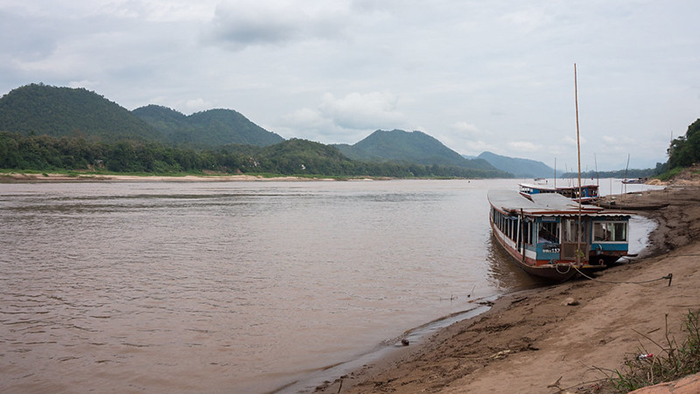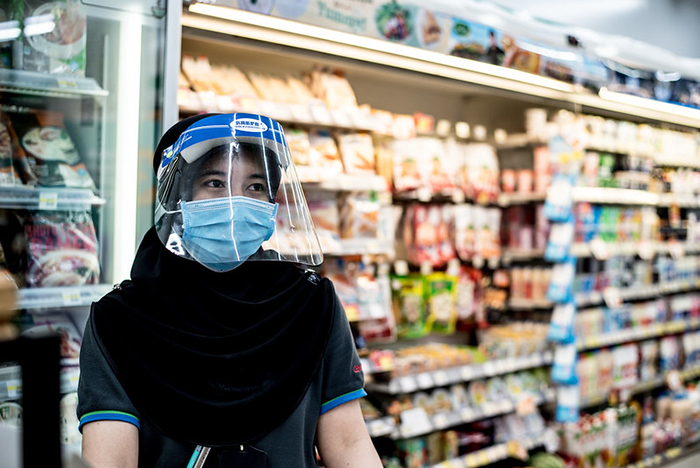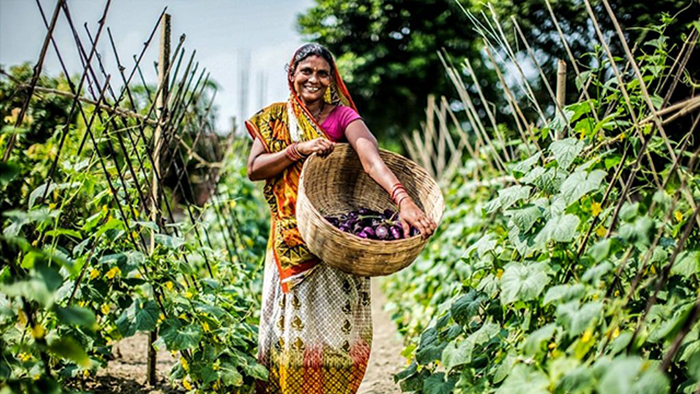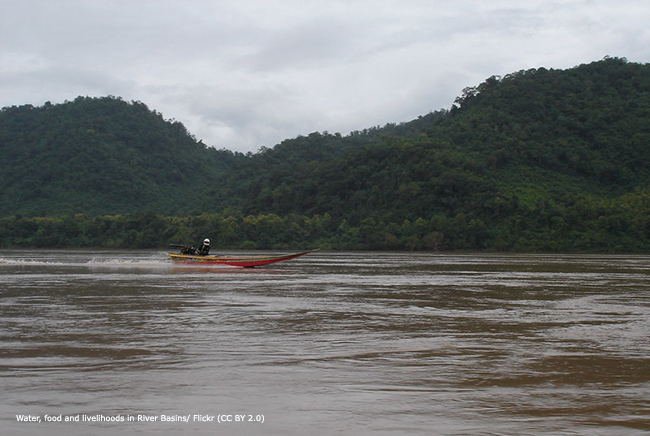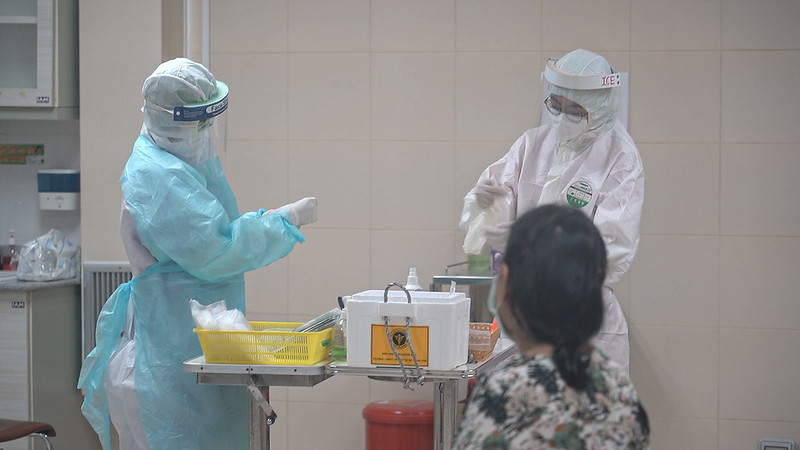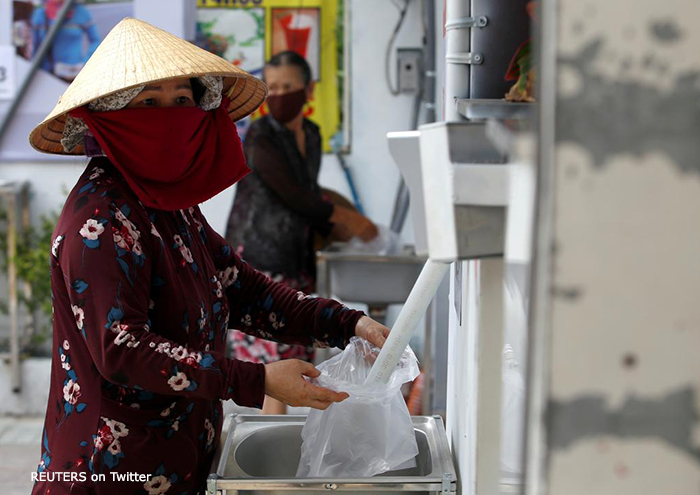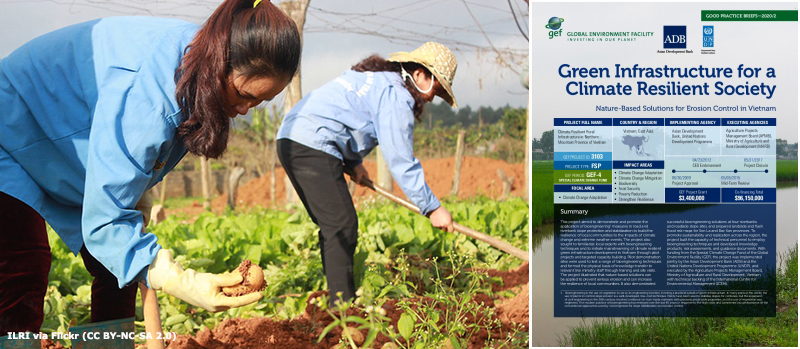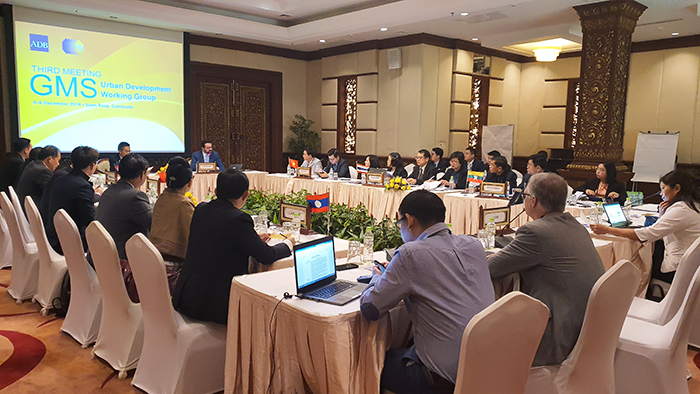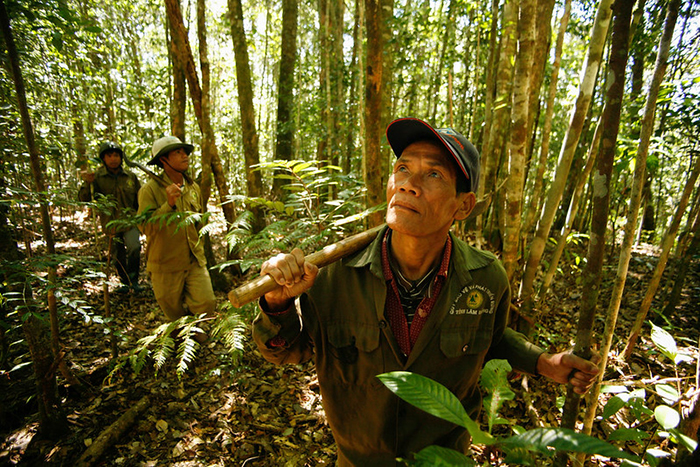
The GMS Biodiversity Conservation Corridors Project in Viet Nam provided alternative incomes to K’ho natives like Cil Yu Ha Vuong, who patrols the forest with his fellow community members. Photo by ADB.
Post-Pandemic Priorities for Biodiversity Conservation and Wildlife Management in the GMS
The coronavirus disease (COVID-19) pandemic has proved how human health, animal health, plant health, and the health of the environment are all closely interconnected as “One Health”. “We have seen many diseases emerge over the years. Most of them originated from animal populations under conditions of severe environmental pressures,” said Mr. Ramesh Subramaniam, Director General, Southeast Asia Regional Department, speaking at the opening of the Greater Mekong Subregion (GMS) Working Group Meeting on Environment held via video conferencing on 23 June 2020.

